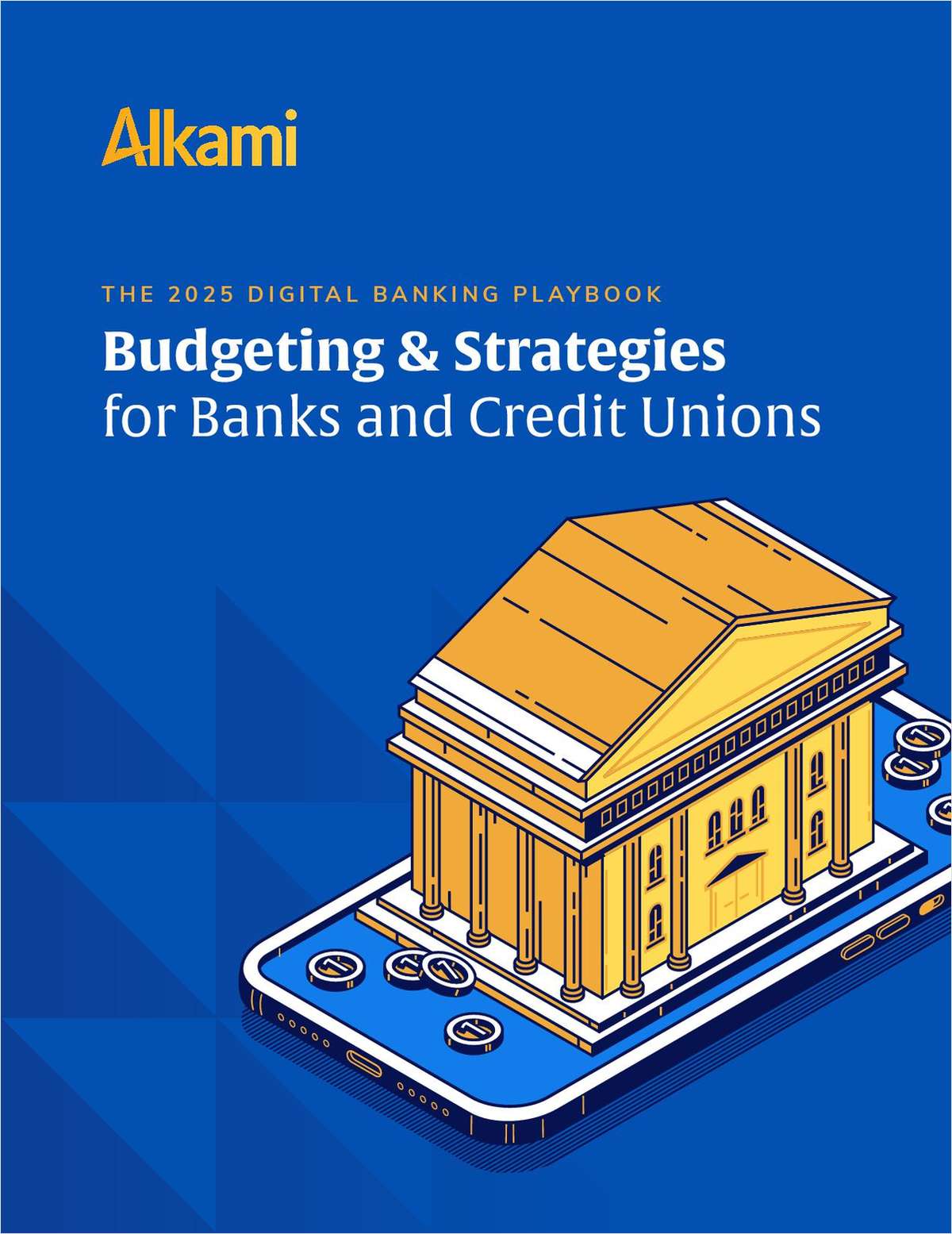A simple extension of the exam cycle for credit unions will not solve the process' problems, which range from inconsistency to the use of outdated technology, credit union trade groups told the NCUA.
In June, the NCUA said stakeholders had until Aug. 1 to submit recommendations to a working group that Chairman Rick Metsger established to review the exam process. In July, the NCUA board agreed to extend the exam cycle for certain credit unions.
"(The) NCUA's ultimate goal should be the elimination of a formal examination cycle," CUNA Senior Director of Advocacy and Counsel Lance Noggle wrote in his association's response. "The examination cycle, in itself, harkens back to a time when a physical visit to a credit union was the only way for regulators to gather information and determine if that credit union was operating in a safe and sound manner."
Noggle said the agency should improve the process in two stages. First, he said, the NCUA should select changes that may be instituted immediately or no later than the 2017 exam cycle. Then, the agency should adopt long-term solutions that will require changes to systems, processes and staffing.
The NCUA may adopt an extended exam cycle for credit unions with less than $1 billion in assets — the threshold Congress has set for banks, Noggle said.
"This threshold is acceptable to CUNA members in order to implement an extended exam cycle for 2017; nevertheless, (the) NCUA should work to extend supervisory relief to all credit unions in the long term," Noggle wrote.
Noggle said many CUNA members have said the NCUA sends large contingents of examiners who stay onsite longer than necessary to complete their work. That should stop, he said, adding that as much work as possible should be done before examiners even visit a credit union.
He also said the NCUA should work more closely with state supervisory agencies to avoid duplication.
Paul Gentile, president/CEO of the Cooperative Credit Union Association, agreed an extended exam cycle would result in greater efficiency, allowing examiners to spend more time at credit unions that need additional attention.
And he urged the NCUA to rely more on state regulators and to coordinate their exams with those officials.
NAFCU Senior Regulatory Affairs Counsel Michael Emancipator raised some of the same concerns — and added a few.
NAFCU has been hearing more frequently that examiners are requesting documents and issuing findings that are based on best practices, not regulations, he wrote.
"In these situations, if a credit union does not comply with the guidance, then the examiner writes it up as being something roughly equal to failing to comply with the regulation," he wrote. In some cases, examiners rely on guidance that is not available to the credit union being examined.
Emancipator said credit unions should be give greater advance notice of when an exam is scheduled to take place and called on the NCUA to streamline its appeals process.
© 2025 ALM Global, LLC, All Rights Reserved. Request academic re-use from www.copyright.com. All other uses, submit a request to [email protected]. For more information visit Asset & Logo Licensing.







